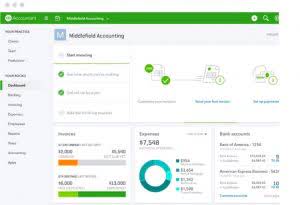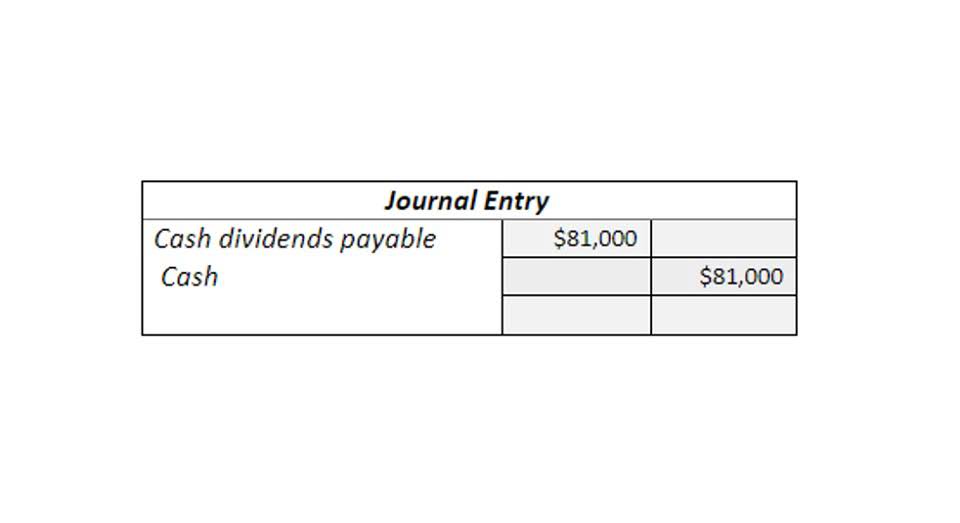
It is rather just a benefit or a reward that companies give the shareholders for having placed their trust (and money) in the company. Dividends represent a portion of a company’s profits that are distributed to shareholders, usually on a bookkeeping quarterly basis. Companies that consistently pay dividends often tend to be mature, stable, cash-generating businesses. Stock dividends can be good as they increase shareholder ownership and allow for cash preservation and reinvestment in growth. However, they may not provide immediate income and can dilute the value of existing shares if the company’s overall value doesn’t increase.
- A term Peter Lynch uses in his books to describe company’s terrible attempts at diversification.
- Whilst it can boost shareholder confidence, it also means allocating financial resources that could otherwise be reinvested in the company for future growth or used for other strategic initiatives.
- People looking for steady fixed income investments might opt for cash dividends for immediate returns.
- However, it is important to consult with a tax advisor to understand the specific tax implications in one’s jurisdiction.
- By considering the potential benefits and drawbacks, investors can make an informed choice that aligns with their financial goals and preferences.
What are the implications of a Stock Dividend for Investors?
- Stock dividends occur when a company gives extra shares to its shareholders instead of cash.
- However, the company’s overall value may decrease slightly since it’s paying out cash.
- If you own 10 shares, you’ll now receive 1 more share for free.
- This is one of the main reasons many investors adopt a dividend-focused investing strategy.
- This is why these three stocks are often favored among both growth and income investors.
This means that for each share an investor owns, they are entitled to a portion of the declared dividend. It’s a straightforward way to ensure fairness and simplicity in distributing profits to shareholders. Dividends are an important part of investing and a key way for companies to reward shareholders. In the absence of positive NPV investment options, a cash dividend is considered a useful alternative as well. Companies shouldn’t hoard cash when they cannot invest it anyway. Factors like economic health, investor demands, and sector performance are considered.

Dividend payment: Cash or Stock: The Choice Behind Dividend Payments
Strong earnings and positive cash flow can help during economic downturns. If a company pays out more in dividends than it earns, it risks cutting or suspending its dividends. Thus, understanding dividend sustainability is essential for informed investment decisions and reducing the risk of unexpected income loss. Of course, investors who wish to expand their portfolio would naturally tend to prefer stock dividends over cash dividends. This is because stock dividends help expand the shareholding of investors in the company for no cost. Additionally, in the event of a run-up in the stock price, you receive the benefit of capital appreciation, which can be greater than the cash dividend received per share.
- They allow your holding to grow over time, which can lead to larger gains later.
- If the company was priced at $10 per share, the value of the company would be $10 million.
- It’s like keeping some money aside for everyday stuff or big plans.
- This table provides a concise overview of the main differences between cash dividends and stock dividends, making it easier to compare and understand the two types of dividend payments.
- The IRS doesn’t generally tax stock dividends unless shareholders have the option of taking a partial or full cash dividend – even if they opt for a stock dividend.
ATTENTION INVESTORS:

Each transaction rearranges existing equity, but does not change the amount of total equity. Stock dividends are essential as they provide a non-cash return form to shareholders. They also signal the company’s confidence in future growth and Partnership Accounting can enhance shareholder equity. Yes, dividends can provide a relatively stable and passive source of income for investors.

How Companies Account for Cash Dividends

Their commitment to returning value shows management’s confidence in the company’s performance. It also highlights a focus on long-term growth instead of short-term gains. Consequently, dividend-paying companies are viewed as lower risk. This attracts conservative investors who prefer stability in their portfolios.

Can Dividends Be Disadvantageous to Investors?
If the company does not perform well, its share prices will fall which would eventually lower shareholders’ return from stock dividends. When companies issue cash dividends, it reduces the stock prices. It is for the fact that a company is only sharing the total accumulated economic value of the company with its shareholders.
Impact on Ownership Stake
- They also signal the company’s confidence in future growth and can enhance shareholder equity.
- It provides immediate income and is often favoured by investors who rely on steady returns.
- The company isn’t in a position to pay out cash but still wants to reward its shareholders.
- Investors differ on which type of capital allocation is best, based on their own preferences.
- This aspect makes dividends appealing for income-oriented investors, like retirees, who depend on this cash flow for financial security.
- These unexpected dividends require investors to keep a close eye on the company and the market.
Special dividends demonstrate a company’s intention to acknowledge and reward shareholders during particularly favourable circumstances. When it comes to dividend payments, companies have the option to distribute dividends in the form of cash or stock. In this section, we will delve into the advantages and disadvantages of stock dividends, providing insights from different perspectives and comparing it with other options. Cash dividends give shareholders a steady source of income, which is especially helpful for retirees who rely on these payments to manage their living costs. This dependable cash flow allows investors to meet financial obligations without needing to liquidate their shares, helping them to keep their investment portfolio intact. Furthermore, shareholders can choose to reinvest the cash dividends or use them for everyday both cash dividends and stock dividends expenses, contributing to a more stable financial situation.


